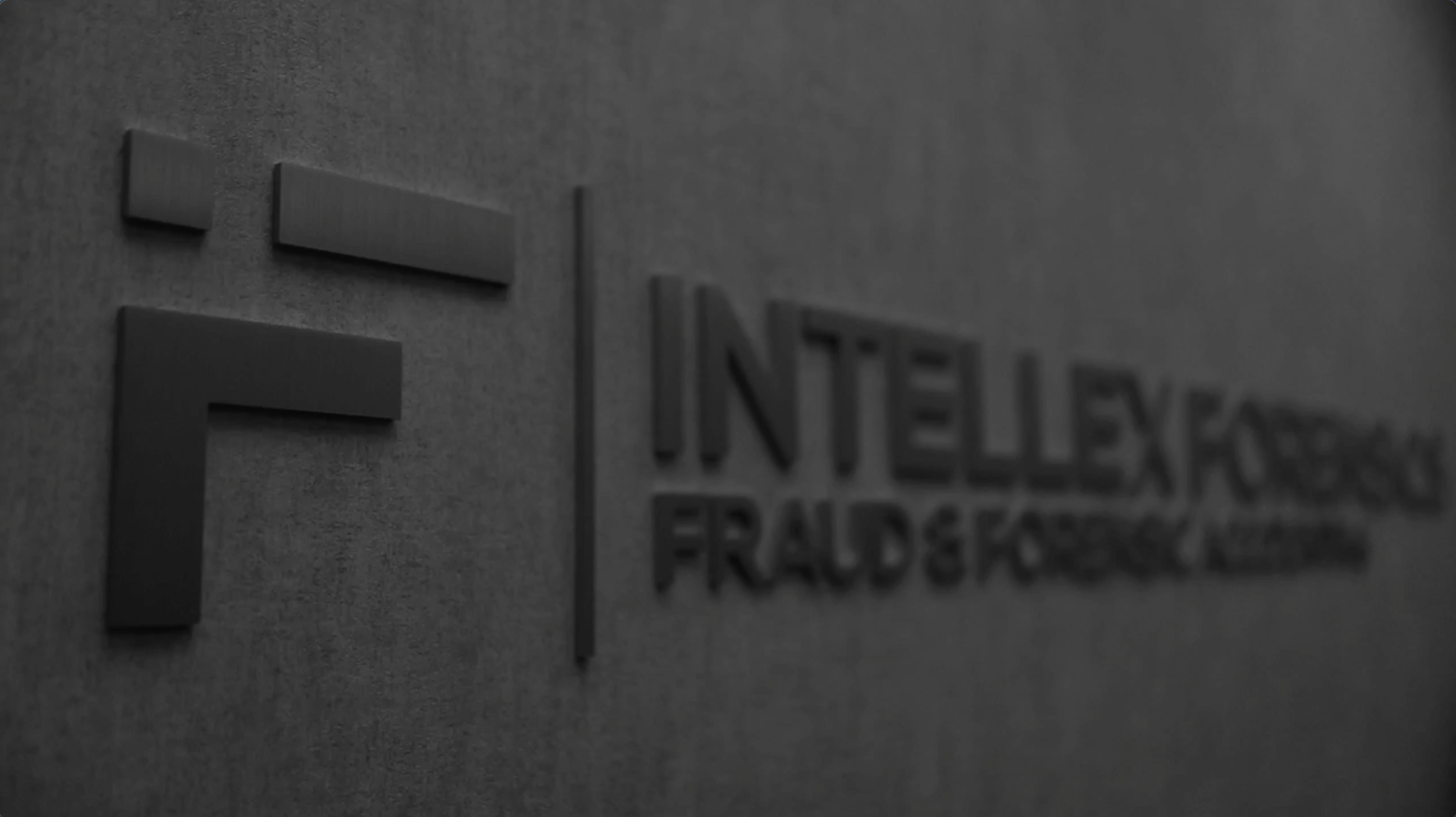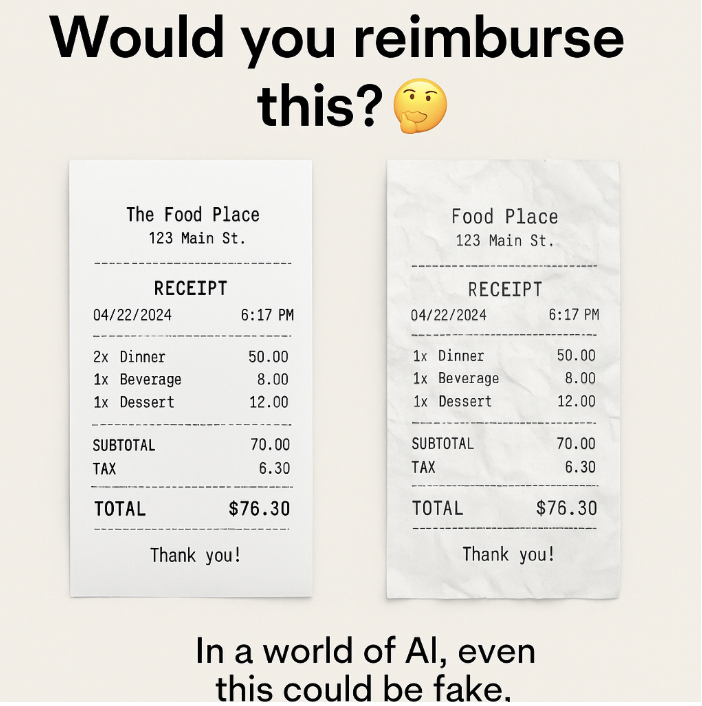Your Privacy
Intellex and its subsidiaries are in the business of confidentiality and discretion. We respect your privacy and security and are committed to protecting your personal information in all our operations. We will never use your name in our marketing material without your prior written consent and use safeguards to protect your confidentiality.

Toby Gerhart

Cory Svihla
Crypto Is the New Cash Under the Mattress: How to Uncover Digital Wealth in Legal Disputes
Cash under the mattress has taken on a new form in 2025. Portable, pseudonymous, and often unregulated, crypto assets are the new stipulation in the court room, from high-net-worth divorces […]
Lessons from Operation Trojan Shield
I recently had the privilege of meeting Andrew Young, the prosecutor behind Operation Trojan Shield, one of the most creative and impactful undercover operations ever carried out by the U.S. […]
Protecting Athletes from Financial Exploitation
For professional athletes, the biggest financial threats don’t come from bad investments or market crashes, they come from the people closest to them. Family members, childhood friends, and trusted advisors […]
The New Face of Financial Fraud: When AI Works Against Us
The new face of financial fraud: when AI works against us; that’s what we’re up against. AI has unlocked new tools not just for investigators, but also for fraudsters. Today, […]




